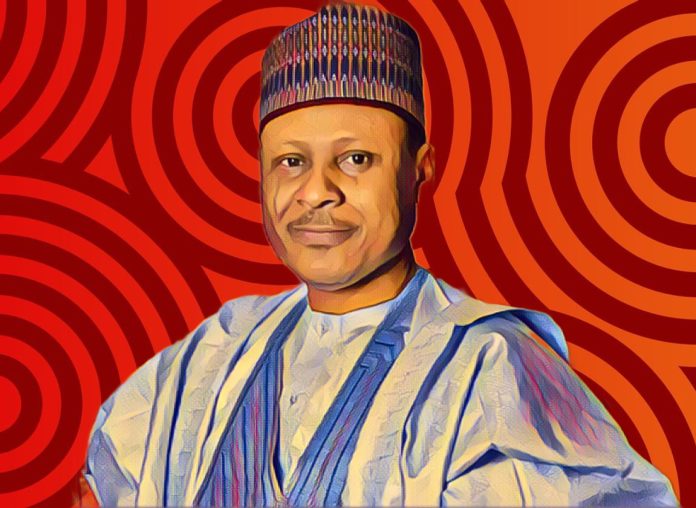KEY POINTS
- Northern insecurity complicates terrorism prosecutions.
- Over 13,500 criminals have been neutralised.
- Investigations explain delays in prosecuting suspects.
The federal government said Friday it has not prosecuted individuals suspected of financing terrorism because investigations are complex and cannot be rushed.
Minister of Information and National Orientation Mohammed Idris explained that, contrary to public perception, the matter is not as simple as taking suspects to court immediately. He spoke addressing growing concerns over alleged government complicity in escalating insecurity.
Delays in prosecuting suspects worsen northern insecurity
Idris said successive governments have faced pressure to prosecute suspected financiers of Boko Haram, ISWAP, and northern bandit groups. Under former President Muhammadu Buhari, some suspects were identified, raising expectations for trials. However, no high-profile prosecutions occurred, fueling criticism from civil society and security analysts who argue delays deepen public distrust.
Furthermore, the minister said, “It is not a question of having the list or not. Investigations must be conducted thoroughly. You cannot just take someone to court without sufficient evidence. These battles take time to resolve.”
The minister maintained that President Bola Tinubu’s administration is working assiduously to end terrorism and other security threats. Idris highlighted progress since May 2023, noting that many Nigerians overlook the gains.
“From May 2023 to date, security forces have neutralised and removed over 13,500 criminals from society and apprehended more than 17,000. Some face trial, and some have been sentenced. These efforts deserve recognition,” he said.
Government says northern insecurity cases require careful handling
On delayed ambassadorial appointments, Idris said the President is finalising the list, with nominees undergoing security vetting. He confirmed ongoing diplomatic engagements between Nigeria, the United States, and other countries to clarify misunderstandings about the nation’s security situation. “Ambassadors will be appointed soon.
We are open to cooperation regional, international, American, or anyone committed to ending this crisis,” he said.
Idris further urged the public and international partners to understand the complexity and diversity of Nigeria’s insecurity challenges. He said thorough investigations are necessary to ensure that prosecutions are lawful, effective, and sustainable.
While frustration persists, the government stresses that measured action and coordinated security strategies remain central to combating terrorism and restoring public confidence.



